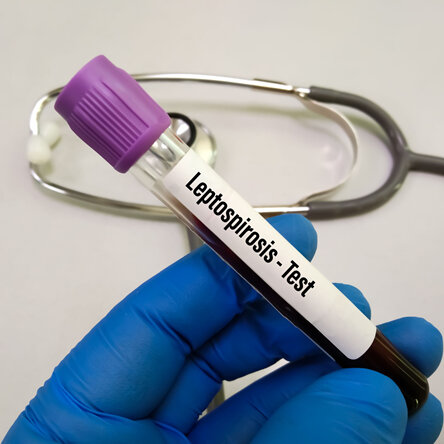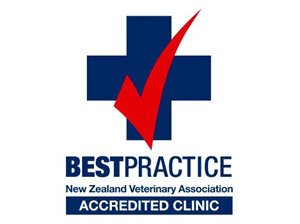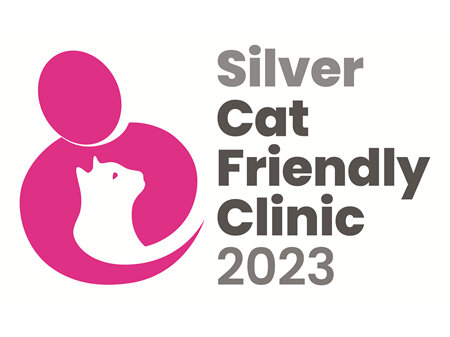Franklin Vets
Franklin Vets - excellence in veterinary care for dairy, farming, lifestyle, equine and household pets. BESTPRACTICE ACCREDITED NZ.
Your account is powered by Storbie. To edit your profile visit my.storbie.com
Your account is powered by Storbie. To edit your profile visit my.storbie.com

Once in the environment the bacteria can survive in fresh water, soil and mud for days to months at a time. Survival is enhanced by humid environments and high temperatures, with periods of high rainfall and warm weather recognised as being the highest risk factors. Consequently, NZ has seen a spike in human cases this year after our extreme ‘summer’ conditions.
Farmers are at particular risk as they can be exposed both through rodents and their cattle, either through direct or indirect contact with urine from an infected animal.
Given the mode of infection, practicing good shed hygiene is obviously important to help avoid exposure. Things like not eating, drinking, or smoking in the shed, wearing gloves, and covering cuts are all good habits that reduce the risk of Lepto infection. As rats are also hosts for several strains, having rodent control programs and thinking about areas that may have contamination with rat urine is also important.
Vaccination of Dairy cattle is now routine practice and since it was introduced in the late 70s numbers of hospitalised people have fallen, with most cases being attributed to infection from rats. However, a new strain of Lepto, called ‘Pacifica’, has recently been identified as the cause of increased rates of disease, especially among dairy farm workers. A NZ wide study of 200 herds has shown that 27% are shedding this strain in the urine. Cattle are a maintenance host for Pacifica which means that they don’t show outward signs of clinical disease, but for people it is highly pathogenic and often results in hospitalisation. Lepto cases are also likely underdiagnosed as symptoms can be variable (some even resembling covid) and it's not always tested by doctors.
Unfortunately, there are no human equivalent Lepto vaccinations, so rodent control, good hygiene practices and vaccinating stock are the best ways to combat human health issues. The good news is that a new 4-way cattle vaccine which provides protection against this new Pacifica strain will soon be available. So, talk to your vet about which vaccination programme is going to work the best for you.
Dr Danielle Thomson BVSc Farm Vet & Branch Manager, Paeroa
Franklin Vets - excellence in veterinary care for dairy, farming, lifestyle, equine and household pets. BESTPRACTICE ACCREDITED NZ.



